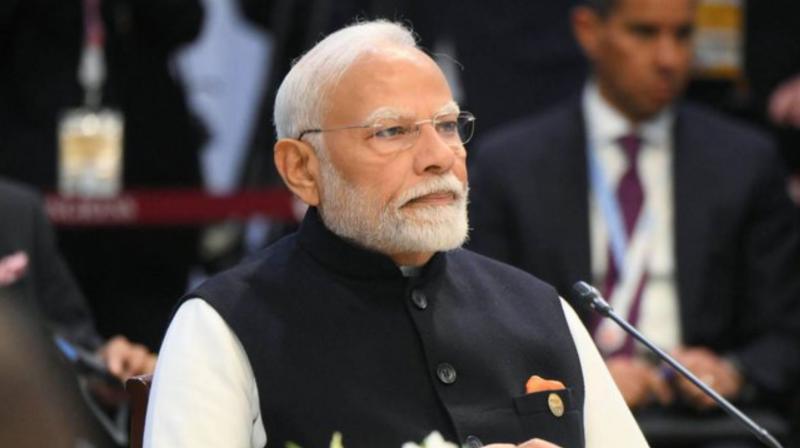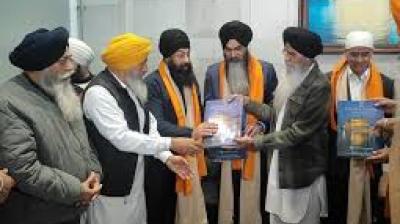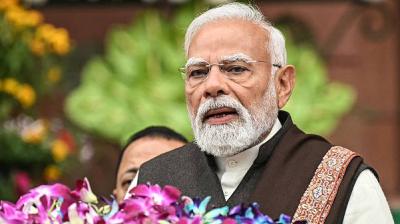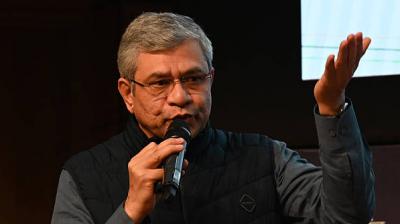
The outreach will not be limited to the ruling party.
In a significant diplomatic move, the Indian government is preparing to dispatch a series of multi-party delegations across the globe to present its stance on Pakistan-sponsored terrorism and justify its military response through Operation Sindoor.
Sources familiar with the plan revealed that the initiative aims to counter what officials are calling “misleading narratives” emanating from Pakistan following the Pahalgam terror attack. The international outreach will see eight teams, each comprising six to seven Members of Parliament, travel to approximately five nations during the initial leg of the mission. The delegations are expected to depart on May 22 and return by June 3.
The outreach will not be limited to the ruling party. In a rare show of bipartisan cooperation, the Indian National Congress has agreed to participate. Party general secretary Jairam Ramesh confirmed Congress’s involvement, emphasizing that despite ongoing political differences, national security must remain a shared responsibility.
Ramesh posted on X (formerly Twitter): “The Prime Minister declined to convene all-party meetings or a special session of Parliament after the Pahalgam terror attack. Yet now, the government has decided to send multi-party delegations abroad to explain India's position on cross-border terrorism. The Congress, in the national interest, will participate in this effort."
According to sources, senior Congress MP Shashi Tharoor is expected to lead one of the delegations, while AIMIM’s Asaduddin Owaisi will also be included. The final list of participants is being curated by the Ministry of Parliamentary Affairs in collaboration with the Ministry of External Affairs.
The initiative underscores India’s evolving foreign policy stance — that any terror attack on its soil will be treated as an act of war, prompting decisive retaliation. By engaging directly with foreign governments and media outlets, New Delhi hopes to bolster international support and present a unified front against terrorism.
This diplomatic effort marks one of the most extensive foreign engagements in recent times to defend a military operation, reflecting the government's determination to frame the narrative on its own terms.














